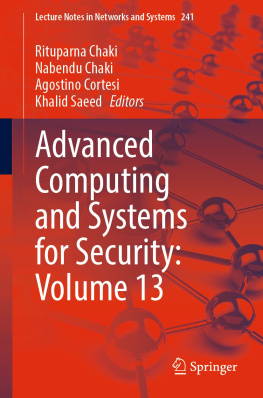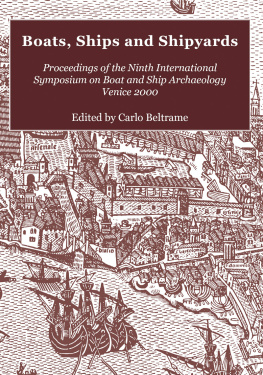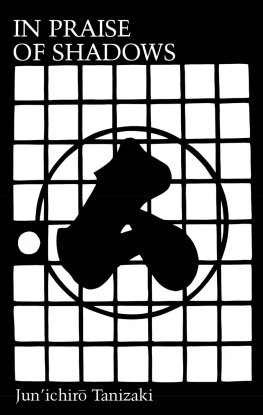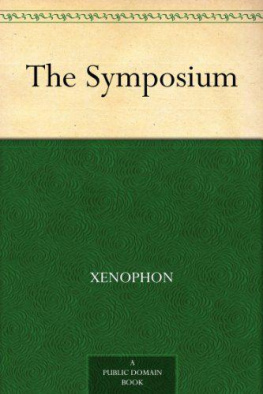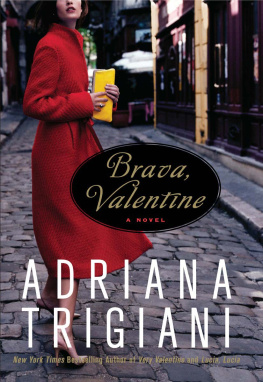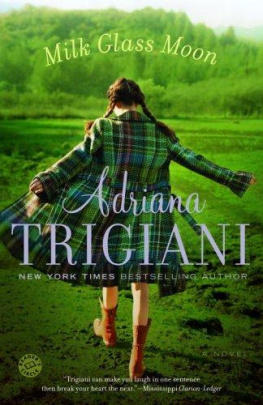A Tanizaki Feast
Michigan Monograph Series in Japanese Studies
Number 24
Center for Japanese Studies,
The University of Michigan
A Tanizaki Feast
The International Symposium in Venice
Edited by Adriana Boscaro and Anthony Hood Chambers
Center for Japanese Studies
The University of Michigan
Ann Arbor, Michigan, 1998
Open access edition funded by the National Endowment for the Humanities / Andrew W. Mellon Foundation Humanities Open Book Program
1998 The Regents of the University of Michigan
All rights reserved
Published by the Center for Japanese Studies,
The University of Michigan,
202 S. Thayer St., Ann Arbor, MI 481041608
Distributed by The University of Michigan Press,
839 Greene St. / P.O. Box 1104, Ann Arbor, MI 481061104
Library of Congress Cataloging in Publication Data
A Tanizaki feast: the international symposium in venice / edited by Adriana Boscaro and Anthony Hood Chambers.
xi, 191 p. 23.5 cm.(Michigan monograph series in Japanese studies ; no. 24)
Includes index.
ISBN 0939512904 (cloth : alk. paper)
1. Tanizaki, Junichir, 18861965Criticism and interpretationCongress. I. Boscaro, Adriana. II. Chambers, Anthony H. (Anthony Hood). III. Series.
PL839.A7Z7964 1998
895.6344dc21
9839890
CIP
Jacket design: Seiko Semones
This publication meets the ANSI/NISO Standards for Permanence of Paper for Publications and Documents in Libraries and Archives (Z39.481992).
Published in the United States of America
ISBN 978-0-939512-90-4 (hardcover)
ISBN 978-0-472-03838-1 (paper)
ISBN 978-0-472-12816-7 (ebook)
ISBN 978-0-472-90216-3 (open access)
The text of this book is licensed under a Creative Commons Attribution-NonCommercial-NoDerivatives 4.0 International License: https://creativecommons.org/licenses/by-nc-nd/4.0/
Contents
Maria Teresa Orsi
Paul McCarthy
Ken K. Ito
A. V. Liman
Suzuki Sadami
Donald Keene
Jean-Jacques Tschudin
Joanne R. Bernardi
Anne Bayard-Sakai
Irmela Hijiya-Kirschnereit
Jacqueline Pigeot
Kno Taeko
Chiba Shunji
Anthony Hood Chambers
William Johnston
Adriana Boscaro
Howard Hibbett
Donald Richie
This volume presents eighteen papers originally prepared for Tanizaki Junichir: An International Symposium, which convened in Venice in 1995. The papers have been significantly revised, and some expanded, for this publication.
Tanizaki Junichir (18861965), on whose writings this volume focuses, was prominent in Japan from his literary debut in 1910 until the end of World War II; he became the preeminent living Japanese writer with the complete publication in 1948 of Sasameyuki (The Makioka Sisters), which the government had suppressed during the war. In 1949, Tanizaki received from the emperor the Order of Culture, the highest honor the government can bestow on an artist. In his seventies he was still able to shake the public with the audacity of works like Kagi (The Key, 1956) and Ften rjin nikki (Diary of a Mad Old Man, 196162).
Tanizakis place in the history of Japanese literature seems secure. In addition to his own fiction, plays, poetry, essays, scenarios, and translations of Western literature, Tanizaki is remembered in Japan also for translating the eleventh-century classic Genji monogatari (The Tale of Genji) into modern Japanese. His complete works have been published repeatedly. He is well represented in series, anthologies, and textbooks of modern Japanese literature; virtually every bookstore in Japan sells his novels and stories; and many of his works have been adapted for the stage, television, and filmeven for ballet, opera, and the bunraku puppet theater. A major literary prize is named for him.
Tanizakis reputation has gradually spread around the world. He was translated as early as 1917 (Shisei, into English) and achieved widespread international recognition during the 1950s and early 1960s with translations into English and other languages. In 1964, Tanizaki was elected to honorary membership in the American Academy and Institute of Arts and Letters, the first Japanese to be so honored, and it is widely believed
Riding the crest of Tanizakis international recognition, Tanizaki Junichir: An International Symposium convened on 5 April 1995. Twenty-two speakers from seven countries addressed an audience of about two hundred students and scholars in the magnificent Aula Magna of the University of Venice.
The papers are arranged here roughly in the order in which the works they discuss were published. We hope that the reader will find all of them savory.
THE SYMPOSIUM, VENICE, AND ACKNOWLEDGMENTS
The organizers of the symposium sought to bring together scholars of Tanizaki who in many cases had never met before, to enable them to discuss their projects at length, to give students from Italy and other countries the opportunity to meet and talk with the scholars whose texts they study, and to remind everyone that many aspects of Tanizakis work are still relatively neglected: his poetry and plays, his brief career in film, his translations from Western literature, his pioneering detective stories, and the significance of food in his works, to mention a few.
Behind the decision to organize the symposium lies the coincidence that 1995 was the thirtieth anniversary of the authors death and also the thirtieth anniversary of the founding of the Japanese Studies Institute at the University of Venice.
Venice hosted courses in Japanese in 187388 and 19089 when the Faculty of Commerce offered free courses in the Japanese language as a result of a crisis in silkworm breeding in Europe. During those years, six Japanese teachers occupied the Japanese chair. Among them was Ogata Korenao (in 187677), son of Ogata Kan, the famous late-Tokugawa physician. In November 1965, the University of Venice decided to include Japanese among the languages and literatures taught at the university level.
By the 1960s, a number of Tanizakis works had been translated into Italian, giving students an opportunity to enter his fictional worlds. Tanizaki was soon chosen as a subject for seminars at the university. The results were exciting, leading to many graduation theses and then to the publication of a number of studies and translations of Tanizaki. Meanwhile, Italian publishers returned to Tanizaki in the 1980s, after a decade of silence, with a collection of short stories written between 1910 and 1917, and in 1988 they included Tanizaki in a series of literary classics.
Against this background, the symposium took shape rapidly. Several achievements anticipated it, welcoming the participants to Venice and celebrating the event. Three volumes containing Italian translations of Tanizaki stories, novellas, essays, and dramas appeared in Venice bookshops. In addition, symposium participants were presented with a preliminary version of a work still in progress, Tanizaki in Western Languages, a bibliography of translations and studies in European languages with a list of films based on Tanizakis works.
* * * * *
Among the speakers were three who discussed Tanizaki from a personal perspective: Shimanaka Hji, Tanizakis publisher and friend; Ibuki Kazuko, Tanizakis research assistant and amanuensis from 1953 to 1965; and Takeya Naomi, of the Osaka University of Arts, who organized an international campaign to preserve IshanTanizakis house at Sumiyoshi and the setting for The Makioka Sisterswhen it was threatened by Kobe officials. Since their papers do not appear in this volume, we provide brief summaries here.



